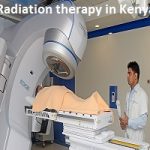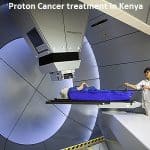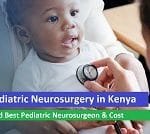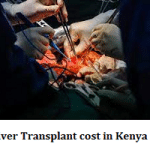Brain Surgery in Kenya
Are you looking for the best brain surgery options in Kenya? Look no further! Our comprehensive platform provides all of the information you need to identify the best facility, qualified specialists, and cost-effective solutions for your brain surgery needs. Discover quality in medical care and make educated decisions about your health journey.
What is Brain Surgery?
Neurosurgery, another name for brain surgery, is a branch of medicine that deals with performing surgical procedures to treat various disorders that affect the brain, spinal cord, and peripheral nerves. The procedure is carried out by highly trained neurosurgeons with specific training in both general and neurological surgery.
Many neurological illnesses and conditions are treated by brain surgery, including:
Brain Tumors: Surgical excision or biopsy of benign or malignant abnormal growths in the brain.
Cerebrovascular problems: Treatment of brain blood vessel problems such as aneurysms, arteriovenous malformations (AVMs), and strokes.
Traumatic Brain Injury (TBI): Surgical intervention to alleviate pressure on the brain caused by head trauma or to restore damaged brain tissue.
Epilepsy: Surgical treatments are used to treat epilepsy when medicine is ineffective. These operations are designed to eliminate the part of the brain that causes seizures.
Hydrocephalus: A condition in which the brain fills with cerebrospinal fluid, necessitating the installation of a shunt to drain the extra fluid.
Chiari Malformation: A condition where the spinal canal is invaded by brain tissue that must be surgically repaired to relieve pressure on the brainstem and spinal cord.







